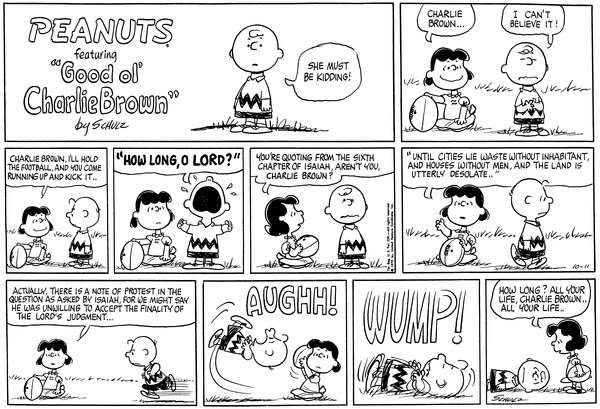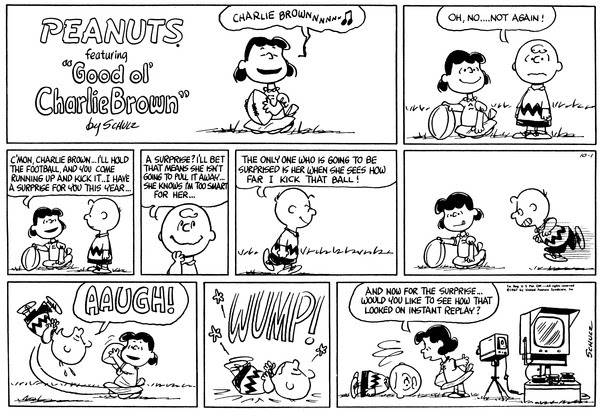i just read an interesting piece by an old comrade and awesome researcher/writer: dania rajendra’s “go short”. it’s an extended analogy between the NFL and the Democratic Party, using a careful look at the history behind the belated shift towards the “passing game” in u.s. football as a lens to see the absence of any comparable strategic evolution in the electoral party. it’s worth reading, but to me its imaginative horizon – made very visible by what it carefully doesn’t say – is what’s most revealing.
the piece crisply explains the history of u.s. football and the monopolistic organization that controls it, going into its direct and explicit connections to militarism, white supremacy, and misogyny, but staying concretely anchored in the destruction of human bodies that is inextricable from the sport’s structure, and focusing on the various rounds of ‘reform’ that have incrementally lessened its immediate harms (centered, from teddy roosevelt’s 1906 rule-change to this century’s un-legislated shift in dominant strategy, on replacing running the ball with throwing it). it nods to the parallels with the monopolistic organization that controls the electoral liberal and left spheres, clearly naming its structural function of “stomping out challenges to the status quo”, but going into far less detail about how this inextricable counterinsurgency function operates.
doing that would, very plainly, give away the game. it would open questions that the piece quite openly excludes as it frames its intent: to extract from contemporary NFL football “lessons for American leftists interested in trying to advance strategies that could win a new feature of the only opposition party we have”.
before i go on, i have to say that i’m wow’ed by the phrase i just quoted. it defines as “opposition” a party that was in power five months ago (as well as for 12 of the last 20 years, and 20 of the last 33) and which most recently campaigned precisely on its overall agreement with the party it aspires to act in “bipartisan” coalition with. it describes as something “we [American leftists] have” – or at a minimum should assume ourselves in alignment with – a party that spent its most recent period of rule tripling down on its policies of active support for genocide, massive expansion of white-nationalist policies on borders and refugees, steady abandonment of support for bodily autonomy (from reproductive rights to trans healthcare), accelerated environmental destruction, abandonment of any commitment to promoting public health, concentration of power in the hands of the excecutive branch (coupled with a general refusal by its presidents to use that power towards any progressive end), and enthusiastic expansion of the state armed forces that suppress resistance to these policies and others. and it directly names the goal of the progressive electoral and 501c sphere as the inherently ineffectual thing it is: adding “a feature” to that party. not changing its overall positions or political direction. not reversing its fifty-year rightward swing. not even returning it to its lukewarm official policy platform of 30 years ago. not restructuring it to be meaningfully accountable to its devoted rank-and-file backers. just adding a thing or two to its far-right status quo.
clearly, i’m not one of those interested in advancing strategies towards that end. but what’s wild to me here is how the piece’s analogy highlights what’s wrong with the basic project of the u.s. electoral left.
the piece’s football side is a celebration of the quietly-won triumph of the “Air Raid” passing offense, as more effective than the “running game” it decentered, causing incrementally less harm to the men who implement it, and both rooted in and encouraging further careful collective study of “the tape” (the record of “the decisions teams [their own or those opposing them] make in the context they find themselves in“) for strategic and tactical development. its electoral side is at heart a lament that for the Democratic Party, unlike an NFL football team, there are no direct material consequences for “the strategists, consultants, and candidates who fail[] to win”, or anything in particular to prevent the organization from “getting away with lying to [it]self… [and] to everyone” about what happened.
but for those of us capable of taking an imaginative step out of the arena, whether to crack open a cold one in the parking lot, unzip someone’s fly behind the bleachers, or simply get home safely, the positive model offered in the comparison raises other points obvious enough that no instant replay is needed to see them.
does the shift to the “passing game” matter, materially? was its current dominance achieved collectively, as part of a deliberate effort to improve things in the league or sport? no. is a decision to use it something that players control or meaningfully influence, that cannot be reversed at the whim of a coach, team owner, or advertiser? no. does it stop football players (whether children or professionals) from routinely experiencing repeated head injuries and their cascading lifelong effects? no (though it does distribute the likelihood of injury somewhat more evenly among players). does it change the dynamic of white men in charge of black men at every level of the sport? no. does it challenge the NFL’s monopoly over the sport? no. does it change the way american football functions to promote misogyny, militarism, and (white) nationalism? no. does it have any impact on the economic damage that the priority given the sport does to the communities that host NFL teams, the high schools and colleges that maintain or aspire to create “good programs”? no (unless it increases the sport’s popularity, in which case it worsens it).
those answers shouldn’t be in any way surprising. no change within the league, within the sport, which leaves either one structurally unchanged, can do any of those things.
the underlying question, then, is whether this kind of internal adjustment does anything but offer an excuse to feel better about a destructive institution and practice that should not continue to exist: a chance to get away with lying to ourselves and to everyone.
as dania says, “The metaphor for politics is clear.”
we’ve seen the tape. conservatively, we can say that the electoral left (and the state-preservationist left that it sits within) has spent the past 177 years trying all manner of variations on the running game, the passing game, even the kicking game and the punting game. and it has lost. even when it manages to rack up higher numbers than its opposition in some particular contests, the damage that its playing causes to the bodies of its players, the communities it operates in, the society it claims to want to improve, far exceed the worth of its trophies. because the problem is the sport, not the strategy. choosing to play this particular game is not neutral – it keeps the mass graves under its fields full of fresh bodies.
as with u.s. football, there are manifold alternatives available – some much older than this bloody game, some much newer. all you have to do is stop playing the one, and try something different. there’s no guarantee of victory, but at least you can playing a game that does actually include a way for you to win. give yourself a chance, for once! don’t run. don’t pass. don’t kick. we all know how that ends.

i mean, 177 years? even charlie brown only took nine years to get from invoking the “prophetic tradition” to taking direct action:

though, to be fair, doing that was a mistake on his part, even after thirteen years of looking at the tape:

(for commentary on dozens of iterations of the gag, you can go here)